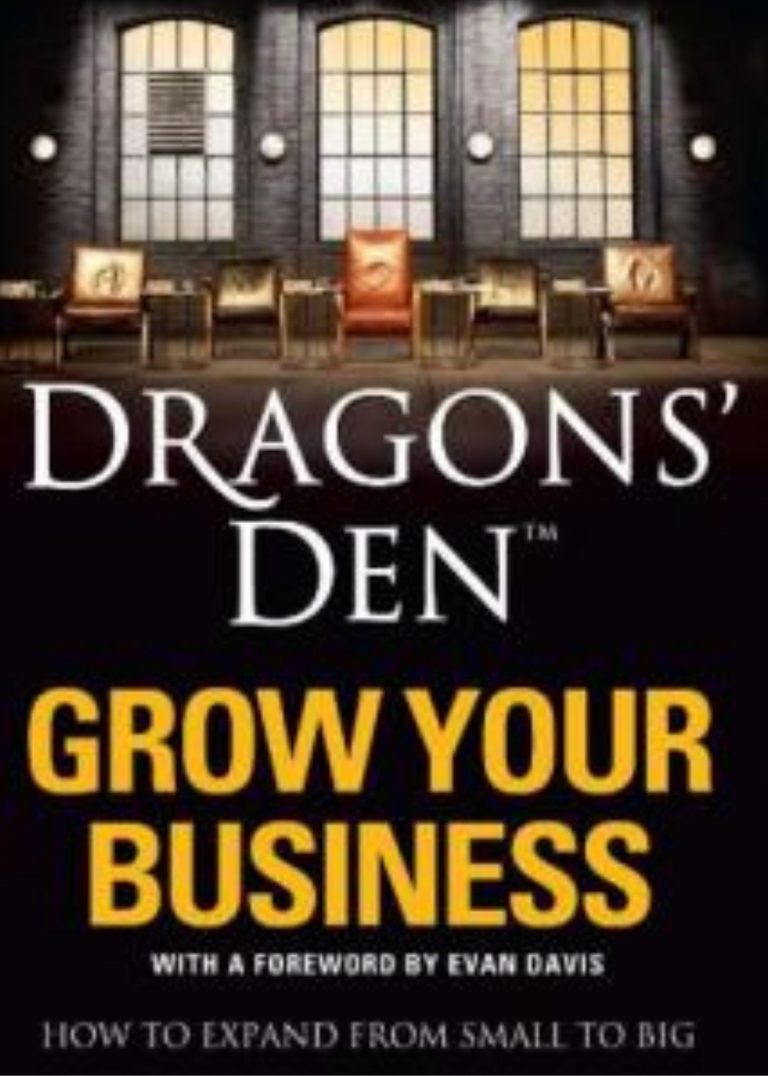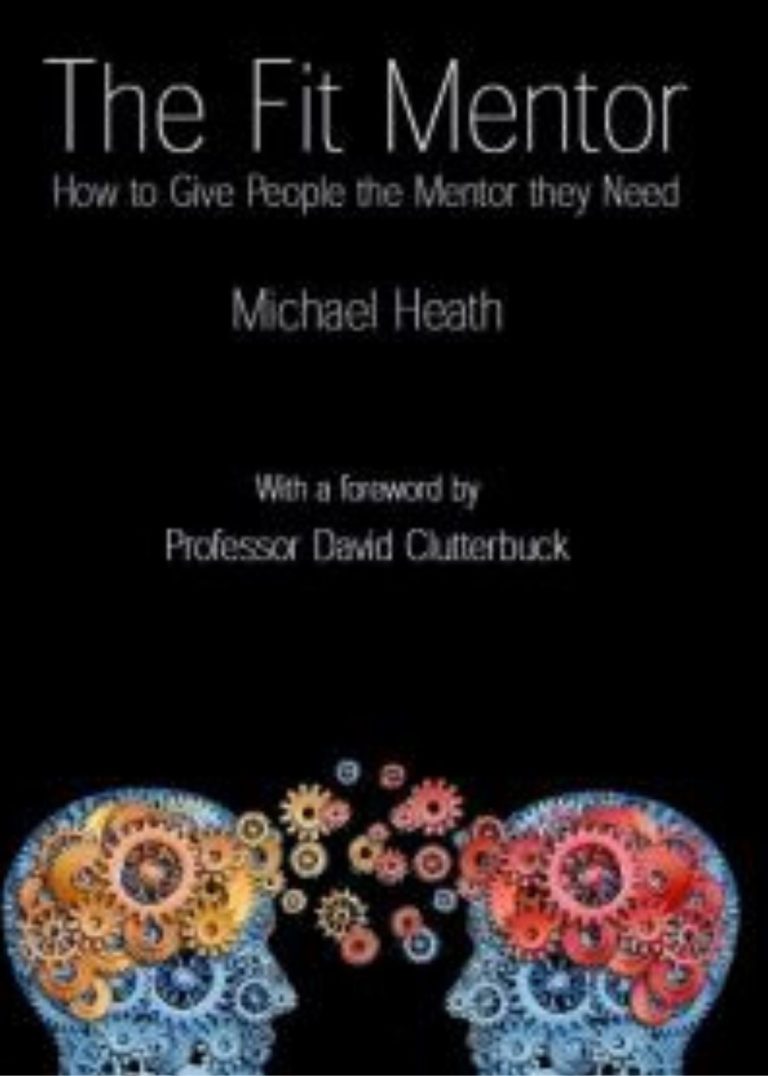You’ll never find me at my School Reunion. I don’t know why, perhaps it’s just the unappealing prospect of meeting up with the class of ’76 over nibbles and a glass of tepid white wine. It’s also the thought of mingling with a lot of people who, probably like me, are thicker around the waist and thinner around the pate. It bears all the hallmarks of an advance visit from the grim reaper’s acolytes, who are all curiously similar to people I was once at school with.
But what about other people – from my working career perhaps – whom I’ve known? What would they make of me? More importantly, what would I make of the people I’ve coached?
It’s a strange thing, but many of the people we’ve coached soon become part of our history. Unless you retain an individual for an uncommonly long time, you move on and so do they. And then comes the niggling thought: how did they make out? Did they do well? Did our sessions lay solid foundations upon which they built strong, upright and resilient behaviours? Let’s be honest: if, like me, you’ve enjoyed working with a fair number of clients over the years, you’ve often not gone back to find out.
As I said in my previous article, ‘So What Is The Difference between Coaching and Mentoring’, coaching is often a short-term interaction. There was probably a goal that you had both agreed and you worked with them until they achieved it. But, in the long-term, did they sustain the behaviour change? Did they move on to greater success, developing the coached skill in a more profound and deeper way. Or did they – heaven forfend! – find that the old behaviours, like skeletal wraiths hiding in the wings, return to haunt your one-time coachee?
All of this, of course, points to the need for evaluation. An assessment after the coaching event that holds up an unblinking mirror on the success – or otherwise – of your coaching intervention. Perhaps a good starting point is the training evaluation methodology employed by Donald L Kirkpatrick. If you need reminding of it, it was:
Level 1 – Reaction – what they thought and felt about the training
Level 2 – Learning – the resulting increase in knowledge or capability
Level 3 – Behaviour – extent of behaviour and capability improvement and implementation/application
Level 4 – Results – the effects on the business or environment resulting from the trainee’s performance
But why not adapt it to coaching? How about:
Level 1 – Reaction
How the coachee felt about the coaching experience
•Post-coaching evaluation form
•Anecdotal feedback by the coachee to the coach
Level 2 – Awareness
The measurement of the increase in awareness – before and after
•Assessments before and after the coaching intervention
Level 3 – Behaviour
The extent to which the coachee’s behaviour changed in the workplace or environment
•Peer or 360 degree feedback
•Observation and interview
Level 4 – Results
The effect on the business or environment by the coachee
•Normal management systems already in place within the business or environment
Of course many coaches will point out that they already receive positive feedback after their coaching has taken place. But let’s be honest: how rigorous is that? How much is opinion and anecdote as against outcomes that are unbiased and measurable? And, crucially, over what period was the feedback obtained? Weeks, months or years?
If all your coachees were to have a reunion, how glad would you be to meet up again after all these years?






